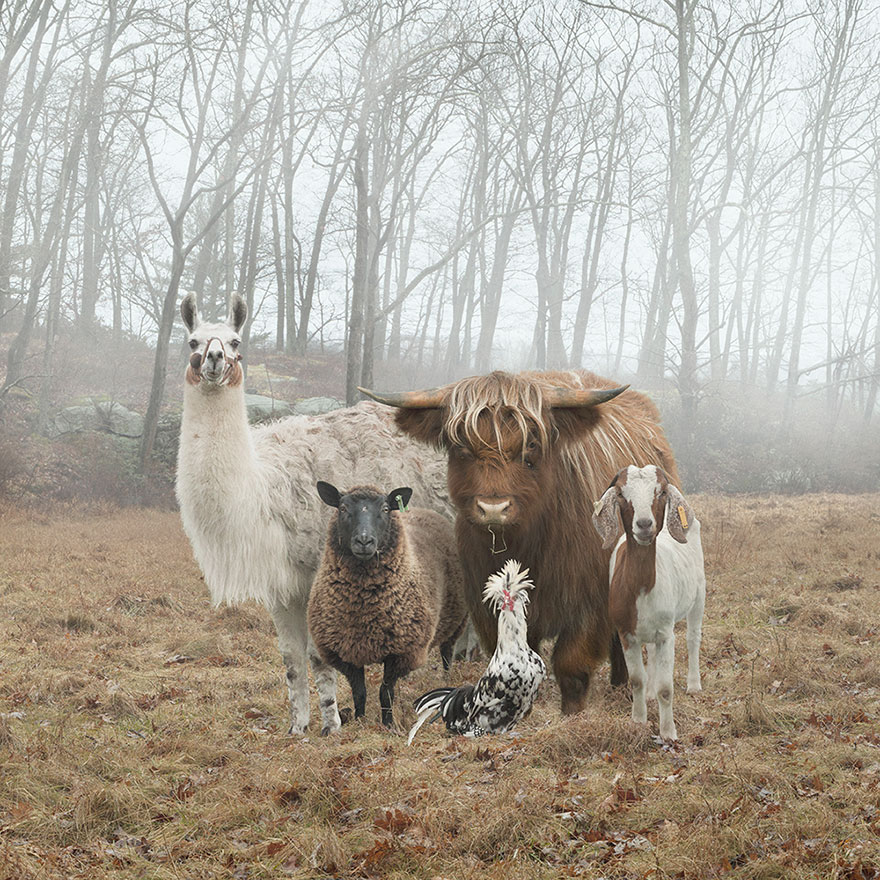
Buttery soft, sustainable fabric.
Our aim is to deliver you the super-softest, sustainable tshirt out there.
Our fabrics.
If a fabric doesn’t make us feel like we’re garbed in sunshine and puppy kisses, we don’t use it.
Super soft. Eco-friendly. Ethically-sourced. The comfiest comfies, full stop.
Blended Cotton
Currently, we have been using a blended triblend fabric of 50% cotton, 25% rayon from bamboo, 25% recycled polyester.
Using plant derived ingredients, the process of removing cells from plants as well as creating recycled polyester, goes through many chemical processes.
Read more about the pro’s & con’s of organic cotton here on our blog: Get started
Organic cotton
Although conventional cotton has more yield than organic cotton the most important benefit is protecting the ecosystem, reducing wastage of water, and ensuring a safer working environment for the farmers and manufacturers.
Read more about the pro’s & con’s of organic cotton here on our blog: Get started
Hemp
Hemp fabric is made from the fibres in the herbaceous plant of the species cannabis sativa. It's a high-yield crop that produces significantly more fibre per acre than either cotton or flax. Advantages. Eco Print. Hemp creates one of the most eco friendly fabrics in the world.
Read more about hemp fabric here on our blog: Get started
Future fabrics
We understand the need for man-made materials to blend into our fabrics to actually allow the fabric to be stronger and to hold its shape for many years.
As much as possible we will continue to find long last natural fabrics that look good and feel good.
60 mins | $250 | Get started
Viscose
Viscose – aka rayon – is a man-made cellulosic fiber made from wood pulp. We’re committed to ensuring all our forest-based products come from sustainably managed forests. That’s why we work with the non-profit groups to help drive positive change for all our forest products.
Read more about the pro’s & con’s of organic cotton here on our blog: Get started
Linen
Linen is a natural fiber, like cotton, but it takes longer to harvest and make into fabric, as flax fibers can be difficult to weave. The fibers are extracted from the plant and stored for long periods of time to soften the fibers. Linen is a common material used for towels, tablecloths, napkins, and bedsheets.
Read more about linen here on our blog: Get started
Rayon
Rayon is a semi-synthetic cellulosic fiber used widely in everything from clothing construction to bedsheets to tire cord. While rayon is made from natural materials (like beech trees or bamboo), it undergoes intense chemical processing, making it a manufactured fiber
Read more about rayon here on our blog: Get started
Polyester
When blended with cotton, polyester improves the shrinkage, durability, and wrinkling profile of this widely-produced natural fiber. Polyester fabric is highly resistant to environmental conditions, which makes it ideal for long-term use in outdoor applications.
Polyester is a synthetic fabric that’s usually derived from petroleum. Most synthetic and some plant-based polyester fibers are made from ethylene, which is derived from other sources such as recycled plastic bottles.
Read more about polyester fabric on our blog: Get started
Vegan Certified.
No Animal Testing - No Animal Ingredients - No Cross Contamination
BeVeg is the world’s leading vegan certification company. The BeVeg vegan standard is the benchmark for vegan assurance, giving you the confidence you need to access new markets and establish new business that meets vegan consumer expectations. BeVeg is ISO accredited and recognized by the world accreditation community for its vegan standard.
WRAP Certification
Designed and printed in Canada, and we are Platinum W.R.A.P (Worldwide Responsible Accredited Product) Certified. Although this process is more expensive, it creates a feel good product we feel GREAT about!
A conscious approach
We hold our factories to the highest ethical and environmental standards. Our factories are annually inspected by a non-affiliated third party auditing company. WRAP is an independent, non-profit organization dedicated to the certification of lawful, humane and ethical manufacturing throughout the world. The objective of the Apparel Certification Program is to independently monitor and certify compliance with the following standards, ensuring that a given factory produces sewn goods under lawful, humane and ethical conditions.
If you would like to learn more about WRAP and it's accredited auditing companies, please click the button to visit their website.
“Our commitment to our customers and their business encompasses all aspects of compliance: social compliance, product safety, product quality, supply chain security and environmental stewardship.”


